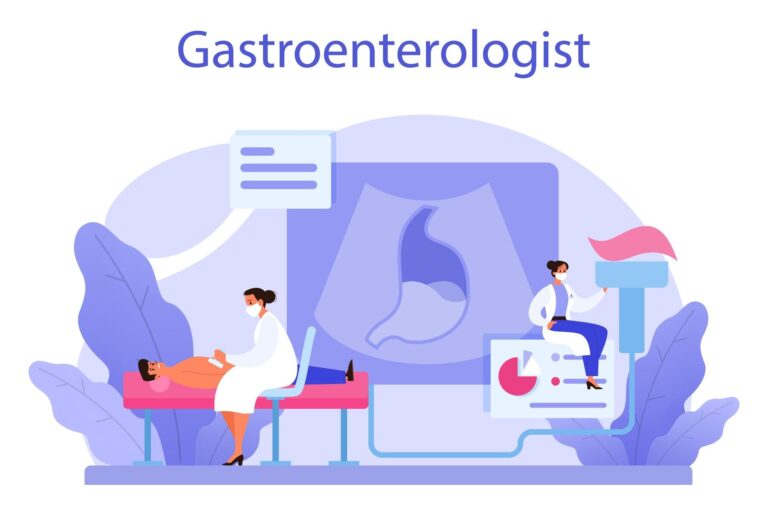Attending a medical appointment with a specialist can feel uncertain. If your doctor suggests seeing a gastroenterologist, questions about what to expect will likely arise. This guide covers the key aspects of gastroenterology consultations to help ease concerns and provide clarity.
What Is a Gastroenterologist?
A gastroenterologist is a physician trained to diagnose and treat issues affecting the digestive system. This includes organs such as the stomach, intestines, esophagus, gallbladder, pancreas, liver, and colon. To become a gastroenterologist, doctors complete medical school, residency in internal medicine, and further specialized training in gastroenterology.
This advanced education equips them to manage conditions like Crohn’s disease, irritable bowel syndrome (IBS), and more. Gastroenterologists work in hospitals, outpatient clinics, and testing facilities. While they aren’t surgeons, they often perform diagnostic procedures, such as colonoscopies and endoscopies, to identify digestive problems.
What Types of Symptoms and Conditions Do They Treat?
People visit gastroenterologists for a range of symptoms, including persistent abdominal pain, bloating, heartburn, changes in bowel habits, or rectal bleeding. Some also seek care after experiencing prolonged diarrhea or constipation. Conditions often managed by gastroenterologists include diseases like ulcerative colitis, gallbladder disease, hepatitis, and cirrhosis.
They also help patients with gastrointestinal cancers, peptic ulcers, and issues such as difficulty swallowing. Primary care doctors often refer patients to gastroenterologists when symptoms persist despite initial treatments. People with a family history of digestive diseases may also be directed to a specialist for preventive care or regular screenings.
What Is a Typical Gastroenterology Consultation Like?
A first visit to a gastroenterologist often begins with a discussion of your medical history, symptoms, and any previous treatments. You might be asked questions like these:
- What are your symptoms, and when did they start?
- Do specific foods, activities, or times of day seem to worsen symptoms?
- Have you noticed changes in your stool frequency or appearance?
- Do you have a history of surgeries or other medical conditions?
- Has anyone in your family experienced digestive or similar issues?
Though some questions may seem unrelated, many body systems are interconnected. These details help provide a full picture of your health. It can also be helpful to create a list of symptoms and questions before your appointment to avoid forgetting anything during the consultation.
A physical examination may follow this discussion. The gastroenterologist will focus on checking your abdomen, potentially pressing on it to detect tenderness or abnormalities. They may also use a stethoscope to listen for irregular bowel sounds.
Depending on the findings, additional diagnostic tests or procedures may be needed. Common examples include blood tests, stool sample analysis, or imaging studies like X-rays or CT scans. Diagnostic procedures, such as colonoscopies or upper endoscopies, may be scheduled for a later date to provide a closer look at potential issues. Throughout the consultation, your specialist may explain your symptoms and possible conditions while recommending next steps. You may receive guidance on dietary adjustments, lifestyle changes, or medications to improve your digestive health.
Schedule Your Consultation
A visit to a gastroenterologist is an opportunity to gain insights into your digestive health and take proactive steps toward well-being. If you’ve been experiencing discomfort or digestive issues, schedule an appointment to address your concerns and begin appropriate care. A specialist’s expertise and guidance can help uncover the cause of symptoms and provide solutions tailored to your needs.

